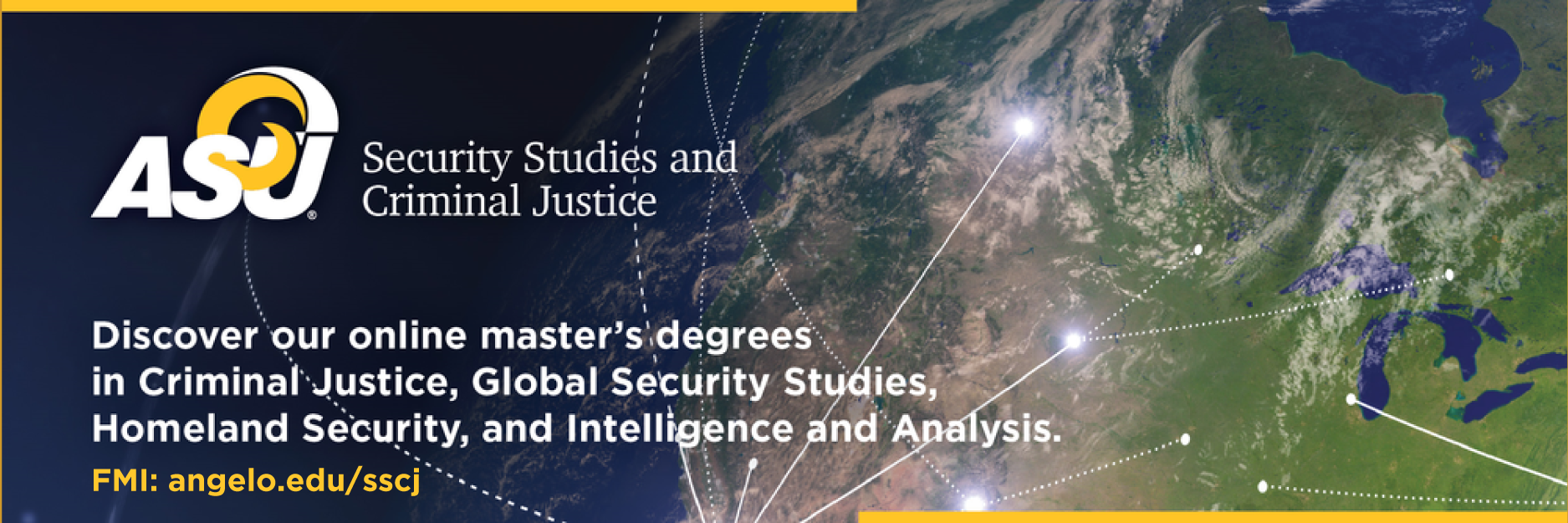Disaster mental health: A critical incident stress management program (CISM) to mitigate compassion fatigue
DOI:
https://doi.org/10.5055/jem.2009.0026Keywords:
compassion fatigue, critical incident, stress management, disaster workersAbstract
This article presents a critical incident stress management program (CISMP) that is designed to anticipate and mitigate the emotional impact of external and internal critical incidents upon individuals and groups who deliver disaster recovery services. This comprehensive program provides for immediate and sustained responses to assist disaster workers in effectively minimizing the emotional detriment of stressful incidents, resulting from interactions with disaster victims. Disaster workers have the potential to experience compassion fatigue as they listen to the disaster survivors’ stories of pain and losses, and work long work hours over extended work periods. The program is a structured, peer-driven, clinician-guided, and supported process designed to provide interventions to address disaster-related mental health issues. Emphasis is placed on individual peer support for immediate action, and specialized individual and group support, assessment, and referral is provided by a stress management clinician. Peer partners participate in a training program, which includes: (1) an overview of stress assessment and management; (2) critical/intervention orientation; (3) identification and utilization of peer support techniques; (4) event preplanning, event briefings, defusings, and debriefings; (5) protocol for responding to an incident; and (6) basic information on workplace violence.References
Racker H: Transference and Countertransference. New York: International Universities Press, 1968.
Johnson-Jimenez EK: Utilization of disaster mental health services by workers following a terrorist attack. Dissertation Abs Int. 2004; 65(7-B): 3711.
McCaslin CR: Life events and distress in American Red Cross Disaster Relief staff. Dissertation Abs Int. 2003; 64(8-B): 4050.
Figley CR (ed.): Treating Compassion Fatigue. New York: Brunner-Routledge, 2003.
Cronin MS, Ryan DM, Brier D: Support for staff working in disaster situations: A social work perspective. Int Soc Work. 2007; 50: 370-382.
Mitchell J, Everly G: Critical incident stress debriefings: Evolution, effects and outcomes. In Raphael B, Wilson J (eds.): Psychological Debriefing: Theory, Practice and Evidence. Cambridge, UK: Cambridge University Press, 2000: 71-90.
Freeman DGH, Carson M: Developing workplace resilience: The role of the peer referral agent diffuser. J Workplace Behav Health. 2006; 22: 113-121.
Dowling FG, Moynihan G, Genet B, et al.: A peer-based assistance program for officers with the New York City Police Department: Report of the effects of Sept. 11, 2001. Am J Psychiatry. 2006; 163: 151-153.
Peterson U, Bergstroem G, Samuelsson M, et al.: Reflecting peersupport groups in the prevention of stress and burnout: Randomized controlled trial. J Adv Nurs. 2008; 63: 506-516.
American Red Cross: Foundations of Disaster Mental Health Participant’s Workbook Washington, DC: American Red Cross, 2005.
Everly GS, Mitchell JT: Critical Incident Stress Management (CISM): A New Era and Standard of Care in Crisis Intervention. Ellicott City, MD: Chevron, 1997.
Peterson D: Mitigation of social stress from critical incidents. Journal Emerg Manage. 2003; 1: 19–26.
Young BH, Ford JD, Ruzek JL, et al.: Disaster Mental Health Services: A Guidebook for Clinicians and Administrators. Menlo Park, CA: National Center for Post Traumatic Stress Disorder, US Department of Veterans Affairs, 1998.
Published
How to Cite
Issue
Section
License
Copyright 2007-2023, Weston Medical Publishing, LLC and Journal of Emergency Management. All Rights Reserved






